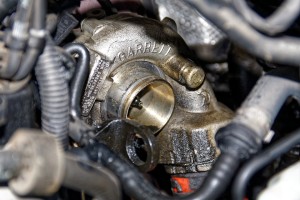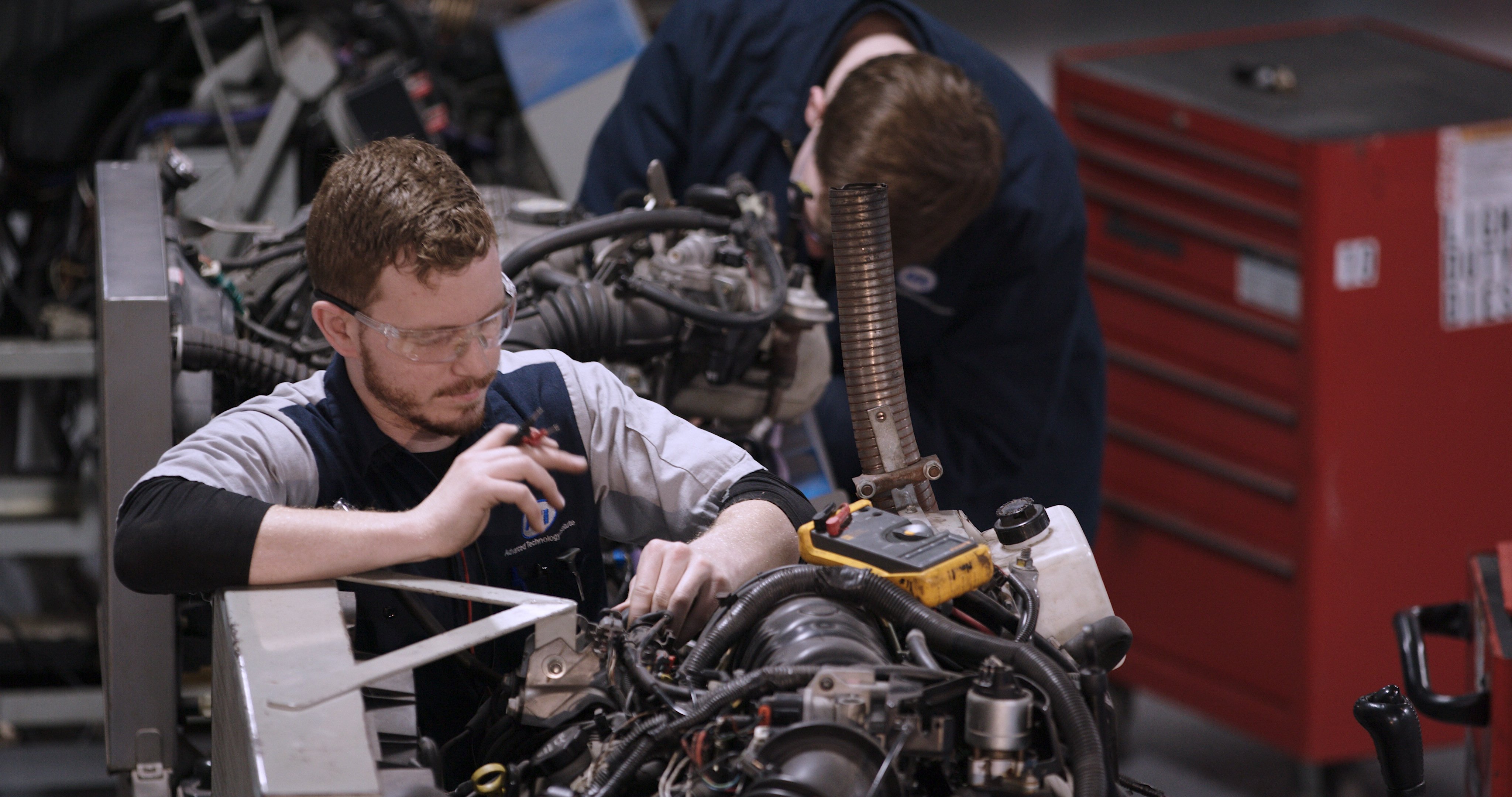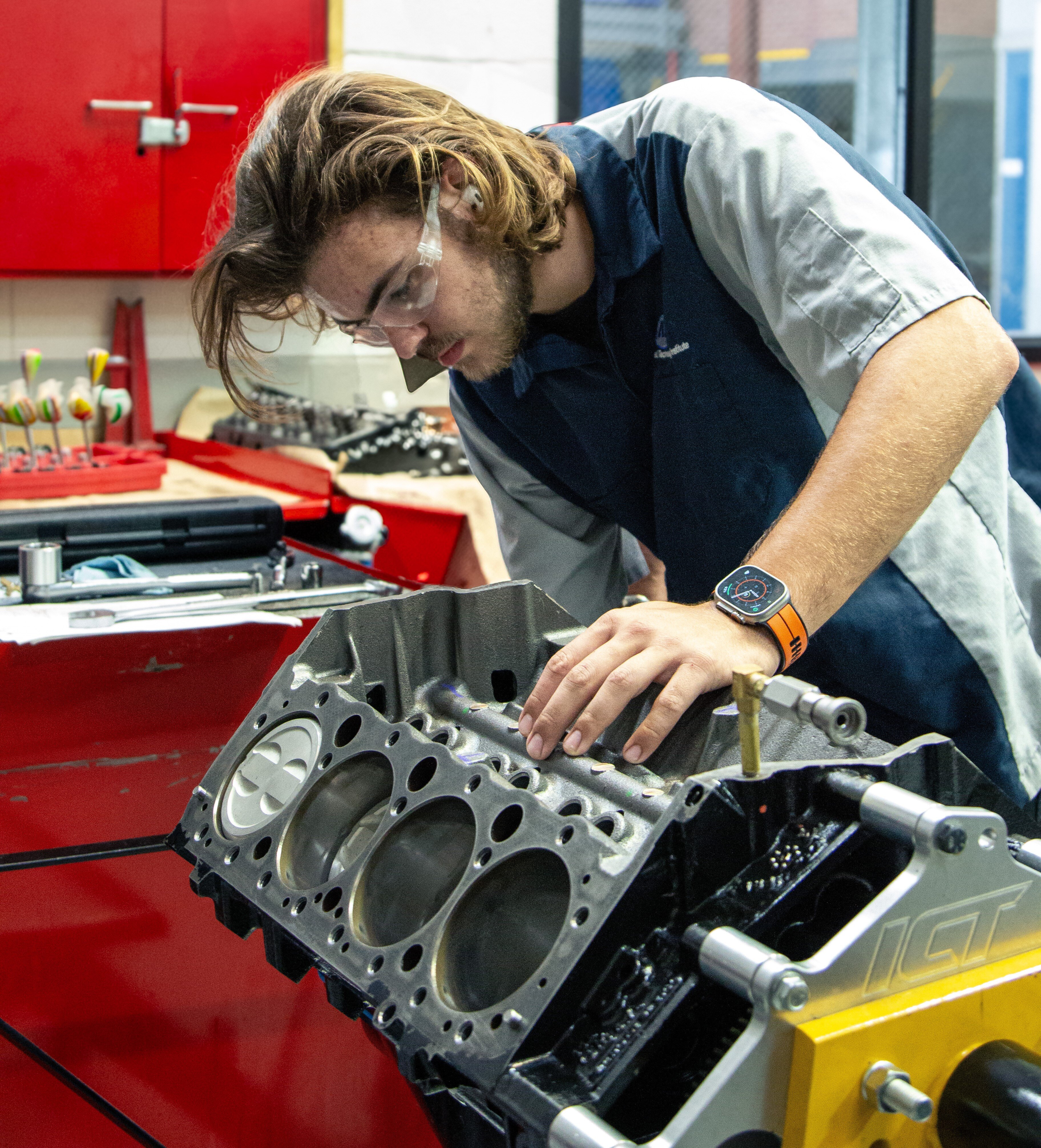10 Facts You Never Knew about Diesel Technology
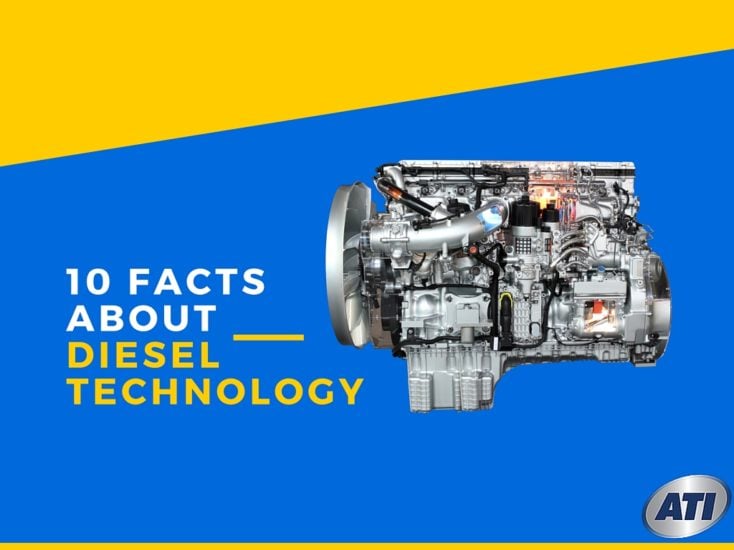
Many people think diesel engines are loud, produce smoke, and smell like rotten eggs when they idle. Be assured, however, the diesel of the future is nothing like its grandfather.
New diesel technology means cleaner fuel, cleaner air, and less noise. Here are ten things you probably never knew about diesel technology.
Diesel engines are now the new standard.
Gone are the days of the loud, smelly, and dirty diesel truck. Today’s diesel engines are cleaner, brighter, and clearer. Today there are almost 50 models of diesel engines available to customers. In 2017, it is expected to be around 60. Today’s diesel engines can go anywhere from 400 to 800 miles on a tank of gas.
Diesel engines go farther with less fuel.
Diesel engines are becoming increasingly popular in the United States and technology continues to have an answer for many disadvantages. Diesel technology enables most models to start and drive like their gasoline counterparts.
Diesel technology is continually improving–emission controls are more effective and they’re available in smaller packages. This means engines can be downsized from six cylinder to four in an array of vehicles. Advanced turbo chargers and fuel injection give the same or better performance than gasoline vehicles.
Diesel engines are now estimated with a 45 MPG highway mileage rating and are getting around 50 MPG in testing on the road, which means less stops at the pump and less gas money. The future of diesel technology is already starting today.
Diesel technology has advanced the alternative to gasoline conversation.
There’s about one diesel engine car sold for every 100 cars sold in the United States today. For trucks, it’s ten for every 100. This number is equal to the sales for hybrids, electric vehicles, and charging hybrids.
Diesel technology has created more power with less fuel.
Diesel is moving forward because it uses less fuel but gives more power to the engine per gallon than regular gasoline. The diesel engine compresses air to one out of 20 parts per volume, then sends a small amount of diesel fuel into the cylinder. Therefore, spontaneous combustion occurs without a spark plug.
Diesel technology creates a new standard in emissions control.
Combining ultra-low sulfur fuel, particulate filters, efficient diesel engines, and advanced emission controls helps the diesel engine of today roll clean into tomorrow. The emissions are comparable with a gasoline engine vehicle.
Diesel technology uses a wide range of renewable fuels that will continue to push it forward as the choice for cleaner air, lower emissions, and a more sustainable environment.
Diesel fuel has the highest energy density.
Diesel has the highest energy density among all the fuels used in transportation. This means more energy per gallon than any other fuel alternative available.
Diesel technology has the most fuel efficient engine.
A diesel engine has the most efficient internal combustion. This equates to more power and fuel efficiency than gasoline, compressed natural gas, and liquefied natural gas.
It is in the fuel combustion that diesel differs from standard gasoline. The compression of the air and fuel mixture is so intense that energy is released much more quickly with less fuel. That released energy is passed on to the pistons which in turn creates energy to move the wheels of the vehicle.
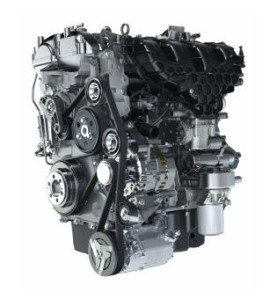 Diesel engines are quieter because of new technology.
Diesel engines are quieter because of new technology.
With the advancement of electronic controls, a common fuel injection rail, injection timing improvements, and a new configuration of the combustion chamber, diesel engines are quieter.
Quieter engines mean more popularity among all vehicle types. These improvements mean diesel technology and the improved diesel engine is the way of the future in transportation.
Diesel gasoline is cheaper than premium gasoline.
Diesel gas is cheaper than premium gasoline. Just check any gas station on your drive to work or school tomorrow. You will see that diesel gasoline is affordable.
Diesel vehicles start up instantly.
Unlike the days where you waited for a glow plug to warm up the cylinders on cold days, today’s diesel vehicles start instantly, and are hardly noticeable when they are idle.
Joining the field of diesel technology could be a smart move.
Heavy vehicle technology is a rapidly growing and changing field. Great career options are available for those who love diesel engine technology. If you are interested in pursuing a career in the field of heavy vehicle technology, check out ATI. For more information about earning a Heavy Vehicle Technology diploma, contact the admissions professionals at ATI today.
I’m so happy I choose to attend ATI. The instructors are amazing, I’ve learned so much, and I’ve met some of the greatest people here. I want to go back soon for welding.
Posted by Stevanie Lively on Friday, March 11, 2016
DISCLAIMER – Advanced Technology Institute (ATI) makes no claim, warranty, or guarantee as to actual employability or earning potential to current, past or future students or graduates of any educational program offered. The Advanced Technology Institute website is published for informational purposes only. Every effort is made to ensure the accuracy of information contained on the AUTO.edu domain; however, no warranty of accuracy is made. No contractual rights, either expressed or implied, are created by its content.
For more information about Advanced Technology Institute or any of our programs click here: http://www.auto.edu/ or http://ow.ly/VoydP.
Industry Knowledge
Welcome to the Advanced Technology Institute's Blog, your resource for industry insights and discussions on technologies shaping the future of automotive, heavy vehicle, hvac, welding, and other related career paths.
Explore how ATI's curriculum and hands-on learning opportunities can propel your career in the tech-driven world.
